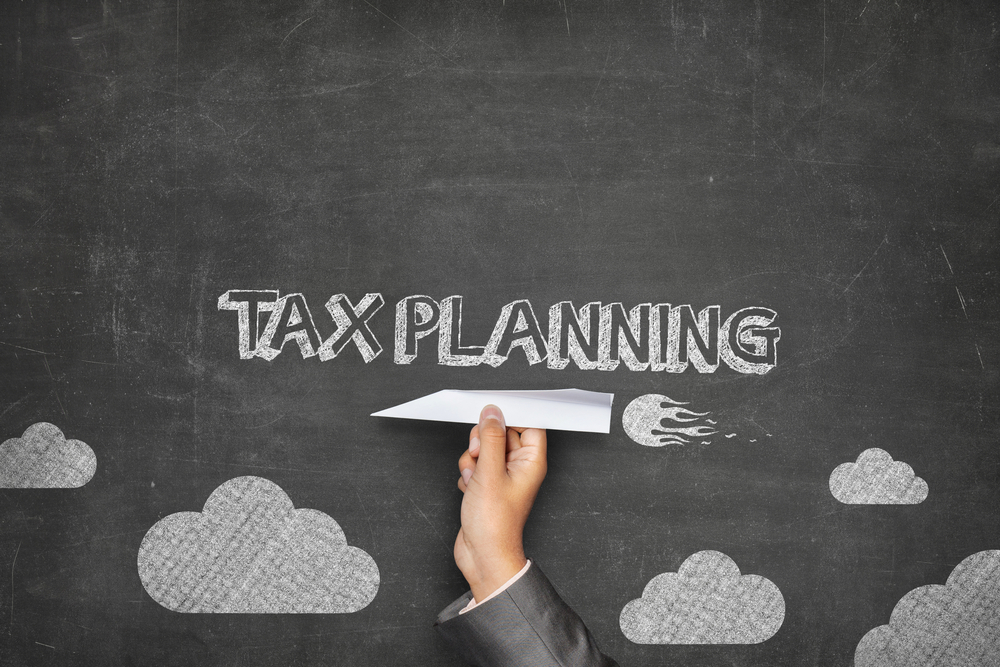This year’s Budget proposed revisions that had an impact on an individual’s tax planning strategy. Major relief has been “no tax hike” and just the continuation of an optional new tax regime this year as well. This will be the second year where taxpayers will have the option to choose between the old tax regime or the new tax regime.
As all of us have already experienced old versus new and must have decided which tax regime to opt for last financial year. This year instead of waiting till the last moment, you can start by estimating your income for the entire year and getting a fair idea as to which sections you can utilise to get tax benefits.
Just to give an idea, if you are someone who earns Rs 15 lakh per annum and can easily avail of Rs 2.5 lakh deduction or more, you should opt for the old regime. On the other hand, if you are looking out for more liquidity and not planning to avail many deductions to save tax then you will be better off in the new tax regime. It is recommended that you consult a CA who can guide you to take this decision.
Let’s talk about a major change that was announced for ULIPs.
ULIP is a twin product that is a combination of insurance and investment. If you invest in ULIP and your annual premium is more than Rs 2.5 lakh then the maturity amount is taxable. The tax rate will be 10 per cent applicable on the gain exceeding Rs 1 lakh. It is applicable only on ULIPs purchased after February 1, 2021. So, if you have started investing in ULIPs before this date, then you continue to enjoy the tax-free status of ULIPs.
Another proposed change is related to the Employee Provident Fund ( EPF). The interest would be taxable if the employee's contribution to EPF is more than Rs 2.5 lakh in a year. Also, as proposed last year, if an employer's contribution to PF, NPS, superannuation together exceeds Rs 7.5 lakh in a year then it will be taxable. Therefore, EPF no longer enjoys the EEE status for salaried HNI.
Apart from the stated changes, the rest remains the same. Now let’s dig in to see where you can save taxes in 2021-22:
80C – The limit here is Rs 1.5 lakh. First check the expenses that are eligible for this deduction like tuition fees, home loan principal repayment, stamp duty, and registration charges, then check mandatory investments like EPF contributions. If any balance is left to utilise then invest in ELSS or other tax saving investments.
80D – Covid has made us realise the importance of having medical insurance. You can make a claim under this section for a maximum deduction of Rs 75,000 - Rs 1 lakh.
House Rent Allowance – If you stay in a rented apartment, you should use your rent expenses to save your tax. You can claim it against your salary or under section 80GG if self-employed.
NPS – Investing in NPS will give you an additional deduction of Rs 50,000 and also lump sum withdrawal of 60 per cent of the corpus will be tax-free.
Home Loan – A home loan comes with several benefits. Apart from the 80C benefit, you can claim interest on a home loan under Section 24 for a maximum of Rs 2 lakh. And, if it is your first home you can get a benefit of up to Rs 3.5 lakh subject to certain conditions.
Consult your CA for more customised solutions to your specific tax queries.
The author is Founder, Fintoo
DISCLAIMER: Views expressed are the author's own, and Outlook Money does not necessarily subscribe to them. Outlook Money shall not be responsible for any damage caused to any person/organisation directly or indirectly.









